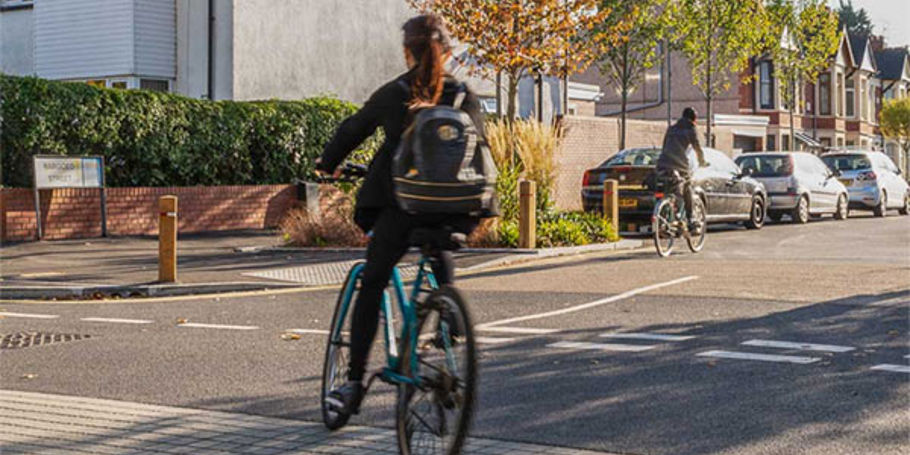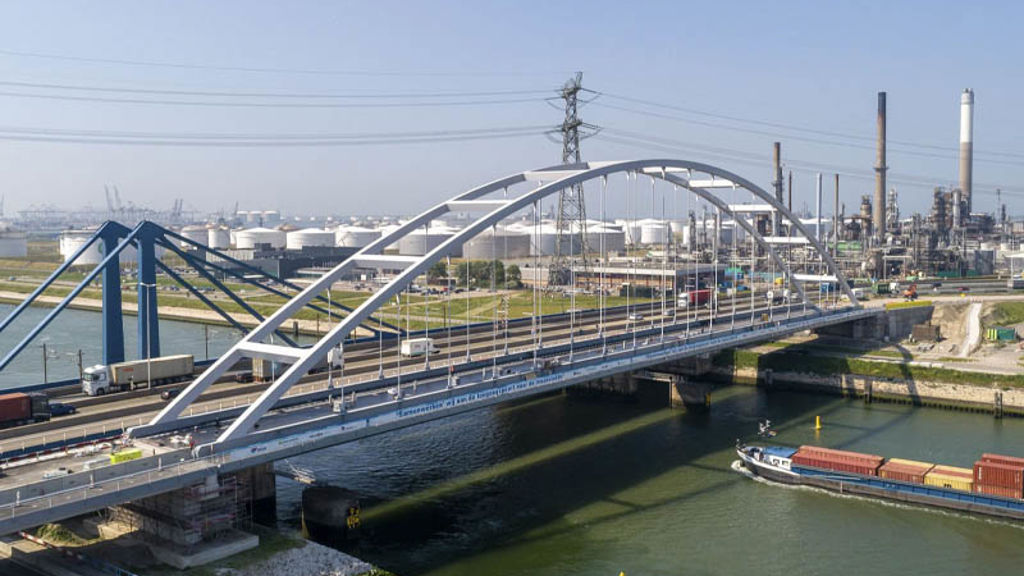Arup has been commissioned by the World Bank, the Vietnam Ministry of Industry and Trade, and Ministry of Transportation to develop a national-level e-mobility roadmap and city-level deployment strategies. This roadmap is essential for significant transportation electrification objective of Vietnam. It spurs growth in e-mobility industries, EV manufacturing, grid digitization, and integrates vehicles with electric systems, benefiting the environment and economy.
Drawing on our multidisciplinary expertise, Arup identified gaps in existing policies and regulations, power systems, electricity transmission, distribution networks and industrial capacity that might hinder the e-mobility development.
We presented a roadmap that provides policy options for the Vietnamese government to consider at the national level and a downstream implementation approach for a selected pilot city.
The exceptional quality and efficiency of this study led the World Bank to expand the project's scope, entrusting us with the crucial task of conducting a pre-feasibility study for the first electric Bus Rapid Transit route in Ho Chi Minh City, also a historic first for Vietnam.
This project was also selected to be showcased during the UK Smart Cities Trade Mission to Vietnam, an event organised by the UK government to foster connections between UK and Vietnamese businesses, as a part of the contribution of UK businesses to the development of smart cities in Vietnam.






